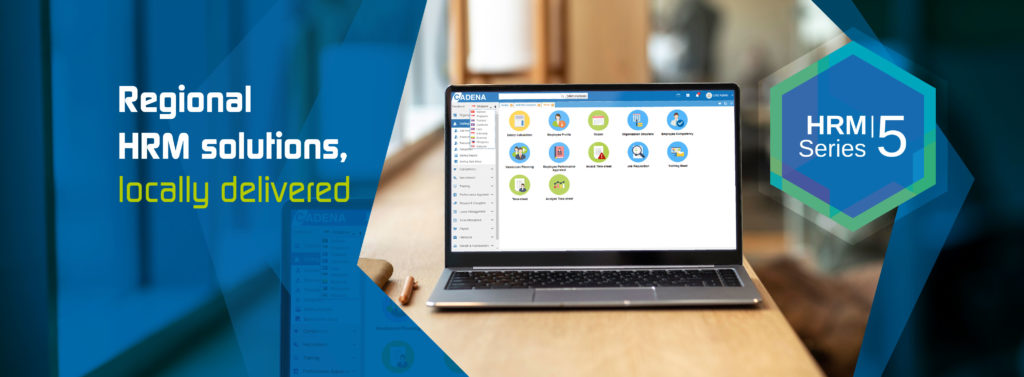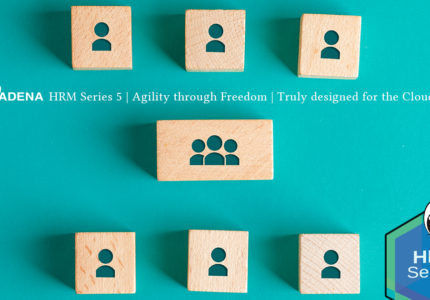As you might have seen Cadena HRM recently signed agreements with Starbucks and Banco Central de Timor-Leste.
Two different organizations and yet there are commonalities on the HR front that we’d like to draw your attention to.
First and foremost both organizations are not small and are not local. If you’re running a small team in one location you can – as a senior (HR) manager – perhaps manage operational human resource processes manually or on a spreadsheet. However, the larger the team, the bigger the variety in types of contracts, and the more spread out the teams are over countries, locations, offices, sites, and homes, the more it becomes important to manage all that digitally.
Attendance needs to be monitored, overtime needs to be administered, leave needs to be applied and approved and salaries need to be paid accurately and timely. Not to mention more sophisticated HR tasks like holiday planning, scheduling and rostering, succession management, personal development planning and not to forget supporting the appraisal process.
For a larger, distributed, and international team that is just not doable without a state-of-the-art HR system.
Secondly, the HR profession in Southeast Asia is rapidly developing and HR professionals are becoming more ambitious and as a consequence more demanding of systems that support all these HR processes. Companies grow and mature, hire more staff, and expand across borders and HR managers know that in order to succeed, the right staff needs to be hired, retained, and managed. Paying accurately and timely is still necessary (of course) but in order for a company to thrive, many other HR processes need to be in place and need to be supported by modern technology.
Apart from the internal pressure from HR managers and senior management to digitalize human resource management, governments across the region are stimulating digitization, and universities support the trend with data and studies while seminars, workshops, and HR platforms invigorate the trend.
These trends combined with the fact that younger staff expect all these HR processes to run smoothly and digitally – if not mobile – make it imperative for companies to implement a full-blown HRM system.
Concluding: sooner or later any company with the ambition to grow needs an HR information system.
If you want to know more about our solution – don’t hesitate to contact us.








